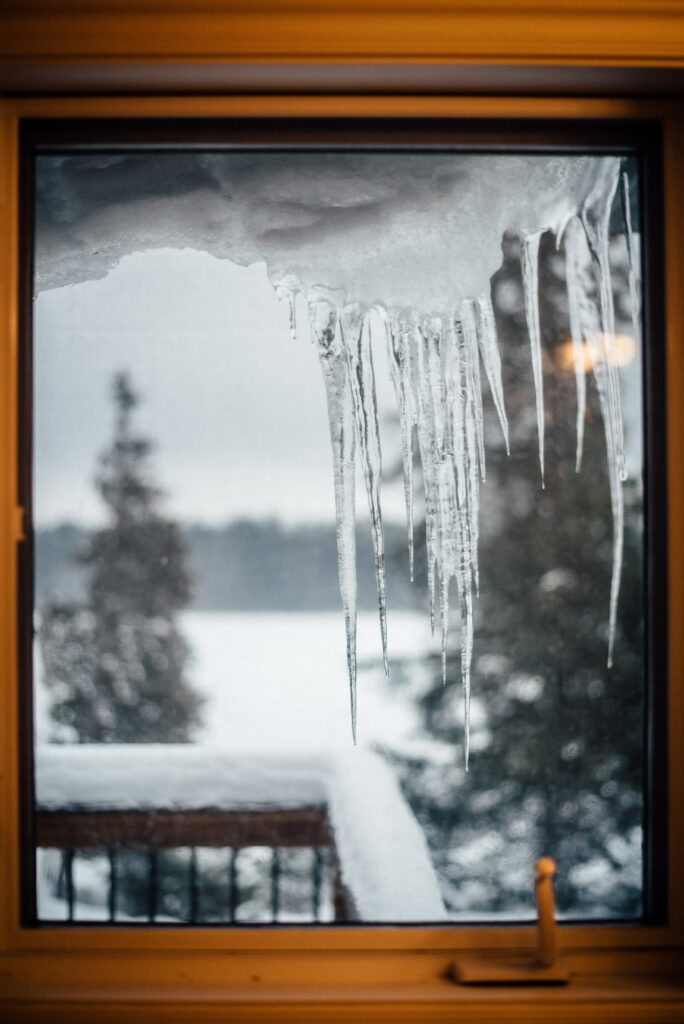
All public schools will be closed today. With this announcement followed the declaration of a remote workday. All are spared the stress of driving amidst Midwesterners who have yet to learn that their cars are too light or their feet too full of lead to be out in a February snowstorm.
I look out my kitchen window. I see the snow-covered rooftops of my neighbors’ homes. An occasional truck lumbering by disrupts the hush. I hear the quiet.
Growing up one of eight children in a two-bedroom home, silence was seldom. As life went on, my extroversion and enthusiasm meant you’d be more likely to see me engaged in lively conversation than quiet contemplation.
A career in law appeared perfect for someone who liked sound—including my voice as the expert. It would be years before I learned that listening could be the more important part of being a litigator.
Just when I got the hang of this principle of quiet attentiveness, my encore career as a life coach came calling. I’d need to develop the discipline of silent stillness while my clients did the talking. Hoping to quit constantly filling the space with the sound of my words, I added the acronym WAIT—Why Am I Talking? —to my vocabulary.
With the storm’s arrival on this day and appointments cancelled, all that’s left to listen to is the chatter in my head. Why did I…? What am I going to do about…? When am I going to…? The questions keep coming. When I don’t silence them, they are happy to repeat.
As the peacefulness of the hours pass, the snowfall slows, looking like a light shake of salt. As the afternoon wears on, the chatter starts to subside. I feel an increasing sense of calm. A few answers arrive.
The silence of the snow day reminds me I am to be her perpetual student. I’m a slow learner, but when class is cancelled for the kiddos, I can claim it as a day of learning.
How do you experience being in silence?
Can you observe the questions in your mind?
How do you find calm?
